Credit: Getty Images.
The work, led by Johns Hopkins University researchers, is detailed today in Nature Cardiovascular Research.
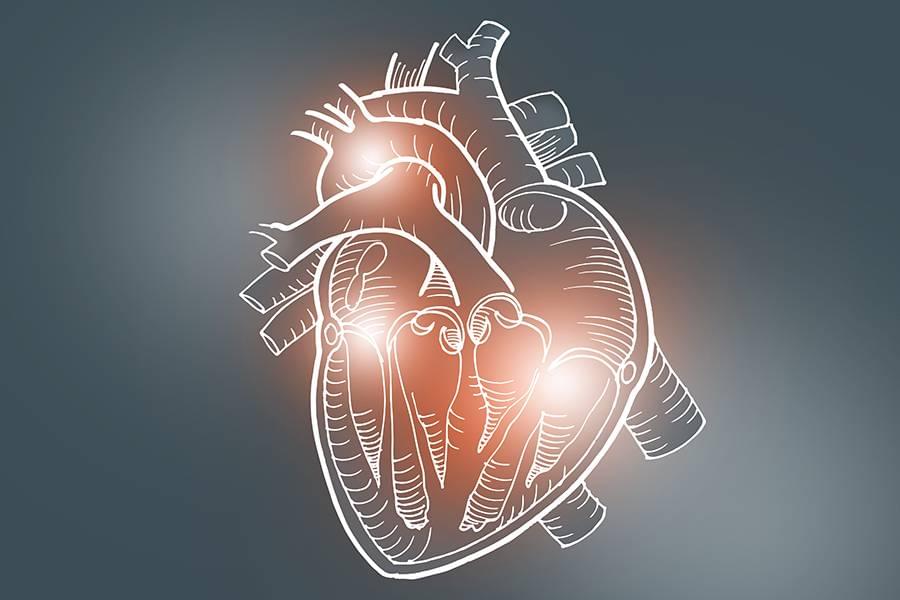
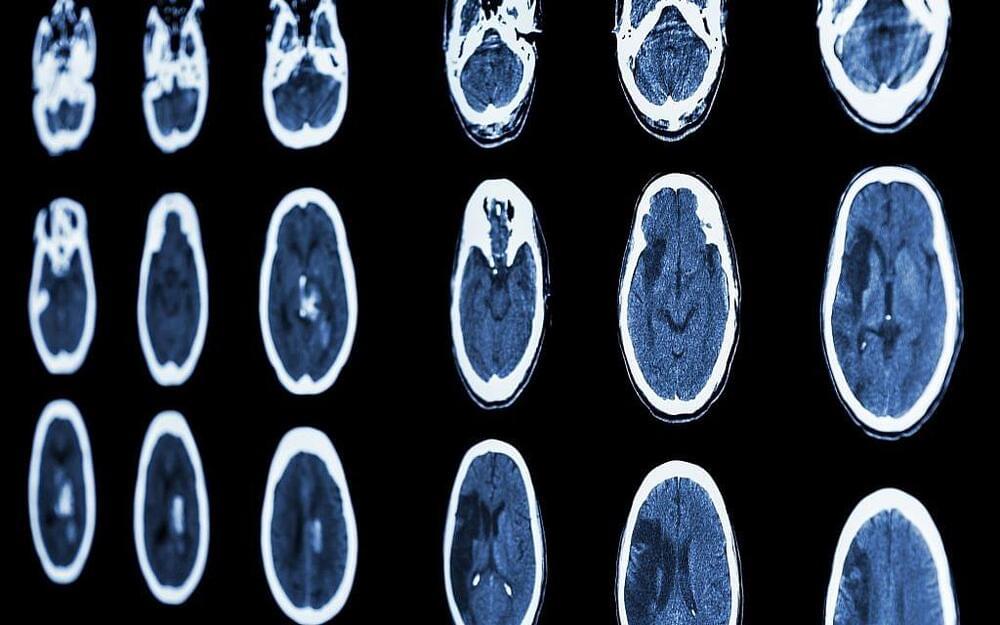
Medical tech company Viz.ai, a developer of an AI-powered stroke detection and care platform, has pulled in a new investment of $100 million at a valuation of $1.2 billion, making it Israel’s newest unicorn (a private company valued at over $1 billion).
The company said Thursday that the Series D funding will be used to expand the Viz platform to detect and triage additional diseases and grow its customer base globally.
Viz.ai’s newest round was led by Tiger Global Management, a New York-based investment firm focused on software and financial tech, and Insight Partners, a VC and private equity firm also based in New York. Tiger Global has invested in Israeli companies such as cybersecurity companies Snyk and SentinelOne as well as payroll tech companies Papaya Global and HoneyBook. Insight Partners is a very active foreign investor in Israeli companies, with at least 76 local portfolio startups to its name including privacy startup PlainID, bee tech startup Beewise, and music tech startup JoyTunes.
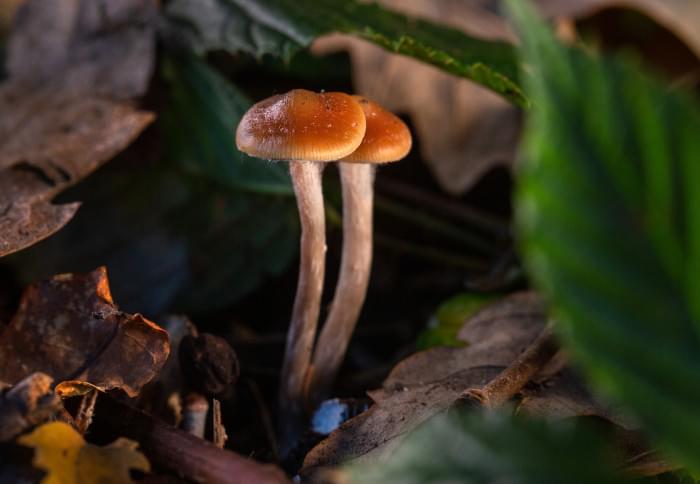
The new results, taken from two combined studies, reveal that people who responded to psilocybin-assisted therapy showed increased brain connectivity not just during their treatment, but up to three weeks afterwards. This “opening up” effect was associated with self-reported improvements in their depression.
Psilocybin, the psychedelic compound found in magic mushrooms, helps to “open up” depressed people’s brains, even weeks after use, a study has found.
These are the findings of a new analysis of brain scans from close to 60 people receiving treatment for depression, led by Imperial College London’s Centre for Psychedelic Research. The team behind the study believes it may have untangled how psilocybin exerts its therapeutic effects on the brain.
Psilocybin is one of a number of psychedelics being explored as a potential therapy for psychiatric disorders. Several studies have trialled a synthesised form of the drug to treat patients with depression and anxiety, with promising results.
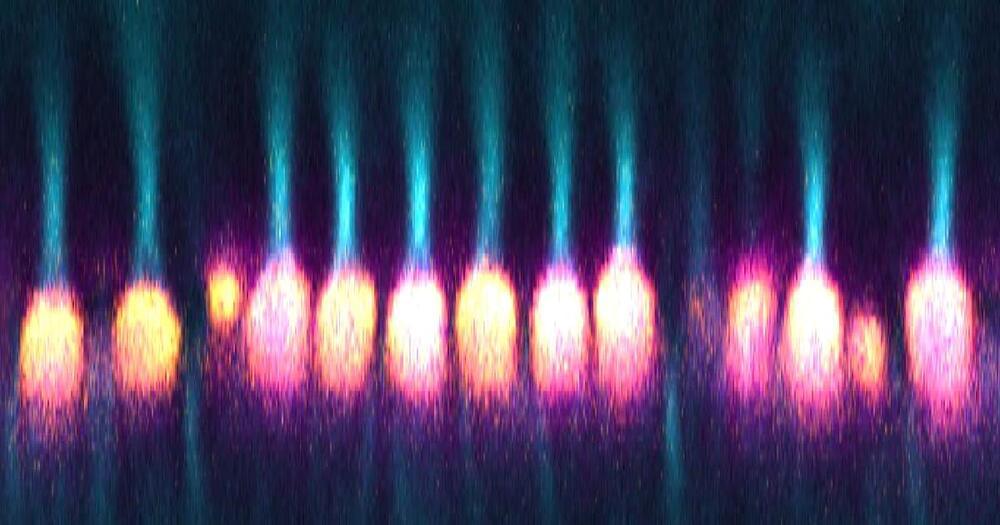
The goal of this virtual workshop is to discuss whether microbial pathogens may represent a causal component of Alzheimer’s disease, review knowledge gaps, and establish scientific priorities to address these gaps. The workshop discussed gaps in current knowledge and explored new opportunities for research in the areas intersecting infectious organisms and Alzheimer’s disease.
All comments must conform to NIA’s comments policy: https://go.usa.gov/xtqAQ

Using electrical simulation to address damaged nerves is en established way to treat pain or speed up healing in the event of an injury. This type of therapy is usually delivered via invasive procedures where electrodes are implanted to administer the electrical stimulation, but scientists are making promising advances towards alternative approaches.
Recent examples include softer electrodes instead of the stiff ones used today, dissolvable implants that offer two weeks of ongoing stimulation, and belt-like devices that wrap around bladders to restore organ function. Adding another to the pool is a team from Austria’s Graz University of Technology, the University of Zagreb and CEITEC in the Czech Republic, whose solution starts with light-sensitive color pigments.
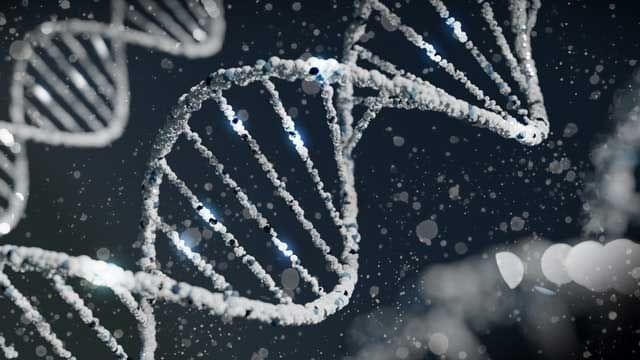
Results from early-stage clinical trials show two drugs that target the DNA damage response (DDR) pathway in cancers — ATR inhibitor elimusertib and PARP inhibitor AZD5305 — are safe and clinically beneficial in treating patients with advanced solid tumors. Principal investigator Timothy Yap, M.B.B.S., Ph.D., associate professor of Investigational Cancer Therapeutics, today presented new data from the trials at the American Association for Cancer Research (AACR) Annual Meeting 2022.
“DDR orchestrates a complex network of mechanisms that detects and repairs damage to DNA, such as double strand breaks and replication stress,” Yap explained. “However, when DDR defects occur, it promotes uncontrolled cancer cell growth and enables cells to evade apoptosis. The studies suggest that PARP1-selective and ATR inhibitors, which block two key mediators of the DDR signaling pathway, are a promising class of new drugs that offer significant therapeutic potential for patients with cancers harboring synthetic lethal genomic alterations in DDR pathways.”
Expansion trial of ATR inhibitor shows encouraging clinical activity against DDR defects (Abstract CT006)
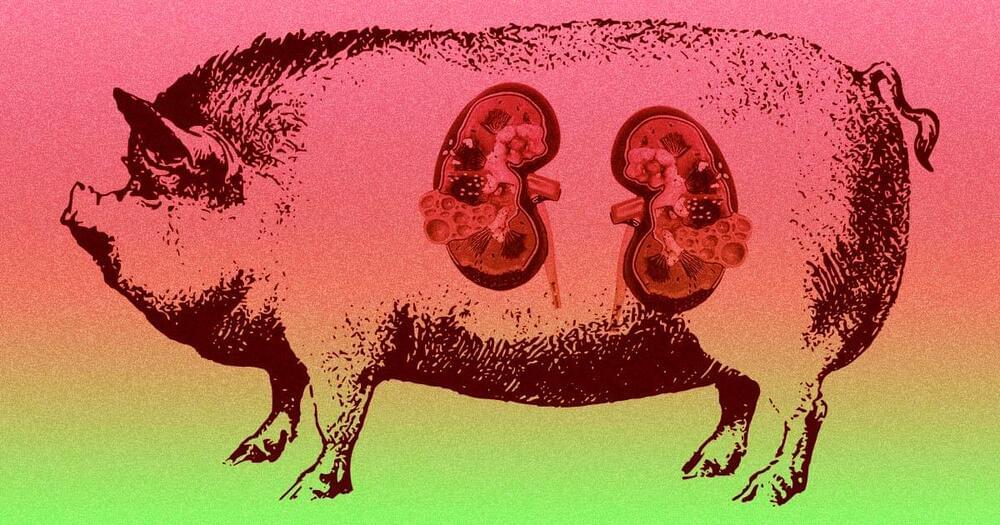
For the first time ever, doctors have successfully transplanted a kidney from a pig to a human — and, they say, the organ functioned normally.
The procedure occurred between a genetically-altered pig and a brain dead human patient at NYU Langone Health, according to The New York Times. The pig was genetically engineered to grow a kidney that would be accepted by a human body. The organ was then attached to the patient’s blood vessels in the upper leg, outside of the abdomen, where the researchers observed it functioning normally.
“It was better than I think we even expected,” Dr. Robert Montgomery, director of the NYU Langone Transplant Institute, told the NYT. Montgomery helped perform the procedure in September and told the paper that it “looked like any transplant I’ve ever done from a living donor. A lot of kidneys from deceased people don’t work right away, and take days or weeks to start. This worked immediately.”
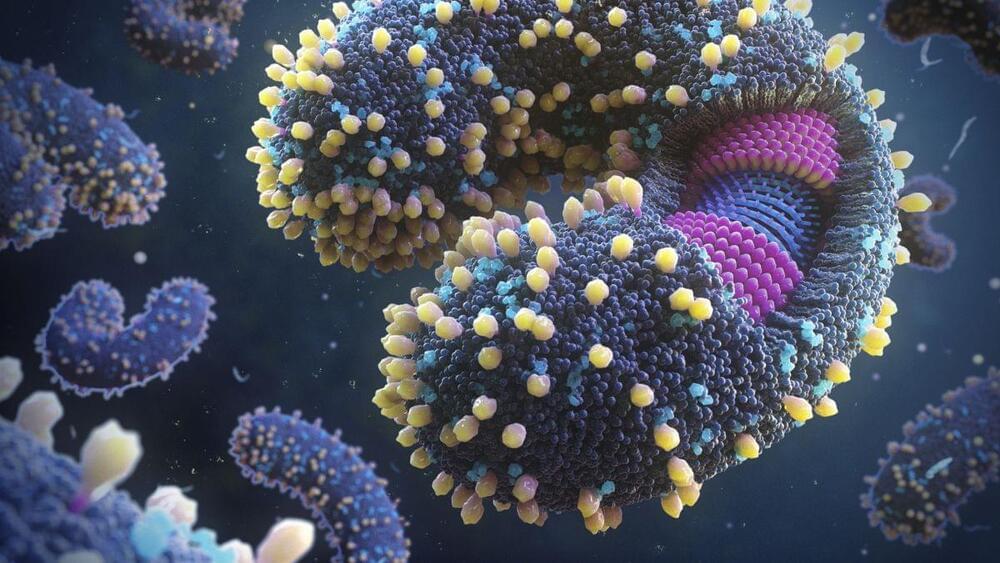
More than 5,000 new virus species have been identified in the world’s oceans, according to a new study.
The study researchers analyzed tens of thousands of water samples from around the globe, hunting for RNA viruses, or viruses that use RNA as their genetic material. The novel coronavirus, for instance, is a type of RNA virus. These viruses are understudied compared with DNA viruses, which use DNA as their genetic material, the authors said.
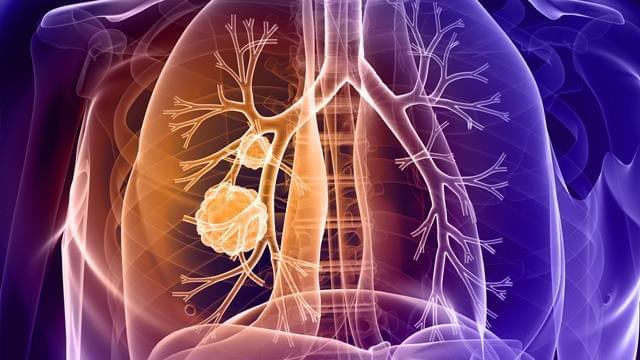
A variant of the CTLA-4 gene associated with autoimmune disease was found to be more frequent in non-small cell lung cancer (NSCLC) patients who experienced an exceptionally high response to anti-PD-1 immunotherapy and higher immune-related side effects than in a comparable cohort of lung cancer patients and healthy individuals, according to data presented during the AACR Annual Meeting 2022, held April 8–13.
“Inhibitors of the immune checkpoint proteins PD-1/PD-L1 have transformed the cancer treatment landscape. However, there remains large variability in response and unpredictable adverse events, including autoimmune reactions, in NSCLC patients who undergo this treatment,” said presenter India Allen, BSc, from the Garvan Institute of Medical Research, St Vincent’s Medical School, UNSW, Australia. “There are currently limited biomarkers to effectively predict this variability, and the extent to which a patient’s genetic makeup contributes to response is not well understood.”
The occurrence of immune-related adverse events (irAEs)—the side effects that arise in response to activation of the immune system by immunotherapy—is known to correlate with higher response to anti-PD-1 therapy and improved outcomes in NSCLC patients.